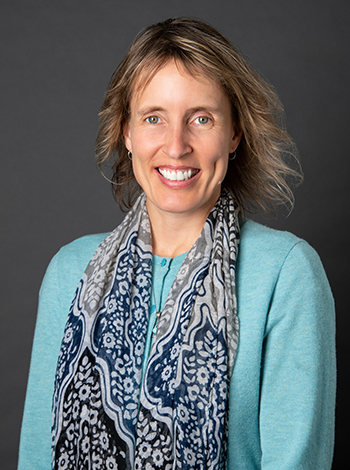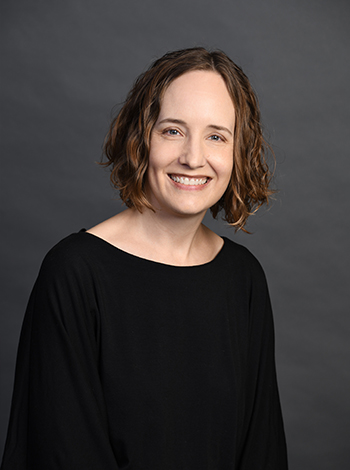Faculty

Bio
I am a tenured Professor in the Department of Psychiatry and Behavioral Sciences and the Director of the Division of Child and Adolescent Mental Health. My program of research is examining the neurodevelopmental underpinnings of depression, self-injury, and suicide risk in adolescents and young adults. I have also been testing the efficacy and mechanisms of novel interventions (including neuromodulation, pharmacology probing oxidative stress and glutamate systems, and creative arts-based approaches) aimed at promoting recovery and thriving in these youth.
Expertise
- Depression and non-suicidal self-injury
- Child and adolescent suicide
- Bipolar disorder
- Borderline personality disorder
- Obsessive-compulsive disorder
Administrative Assistant
(for academic support only)
Molly Jokimaki
jokim004@umn.edu
In the Media
- 2023: Featured in this Medical School article titled, “Keeping an Eye on Children's Mental Health During the Summertime.”
- 2023: Featured in this Medical School article about children’s use of social media titled, “Talking social media and mental health with U of M.”
- 2023: Featured in this article titled, “Strategic planning process in the Division of Child and Adolescent Mental Health creates a vision for the future.”
- 2023: The focus of this article titled, “Minnesota collaborators work with colleagues in Japan to create course aimed at increasing undergraduate well-being.”
- 2023: Featured in this UMN Giving article titled, “Creativity and the brain".
- 2022: Offers timely advice to parents & caregivers in this M Physicians article titled, "Back to School: Let's Talk Mental Health". She says, "School is the biggest challenge for children." She was also featured on MPR talking about recent studies that seem to delink serotonin levels from depression. “It’s complicated,” she said.
- 2022: Featured in this article titled, "Interprofessional collaboration at the U aims to improve mental health treatment for children and adolescents".
- 2022: Coauthor of a study featured (although not named) in this MIDB article: "First Study to Evaluate Neurobiological Predictors of Interpersonal Psychotherapy for Depressed Adolescents".
- 2022: Quoted in this Wall Street Journal article titled, "What Parents Can do When Kids Have Suicidal Thoughts".
- 2021: Interviewed for this piece titled, "Life at the new Masonic Institute for the Developing Brain brings integration in care and learning, and opens opportunities for collaboration".
Research Summary
Dr. Cullen's research primarily focuses on depression and self-injury in adolescents. Her research approaches include the use of brain imaging to examine the biology of depression and self-harm, elucidate the mechanisms of existing treatments, and develop novel treatments.
Clinical Summary
Dr. Cullen is the Director of the Child and Adolescent Mood Disorders Clinic, which is housed in the Dept. of Psychiatry Clinic on the 2nd floor, West Building, on the Riverside campus. This clinic is designed to provide comprehensive diagnostic evaluations and evidence-based treatments to children and adolescents with mood disorders. Dr. Cullen also works on the adolescent subacute unit (Adolescent Crisis, Lodging and Stabilization Services) located on the 4th floor, West Building, on the Riverside campus.
Education
Fellowships, Residencies, and Visiting Engagements
Licensures and Certifications
Honors and Recognition
Professional Memberships
Selected Publications
Selected Presentations
Contact
Address
Masonic Institute for the Developing Brain, 2025 E River Pkwy, Minneapolis, MN 55414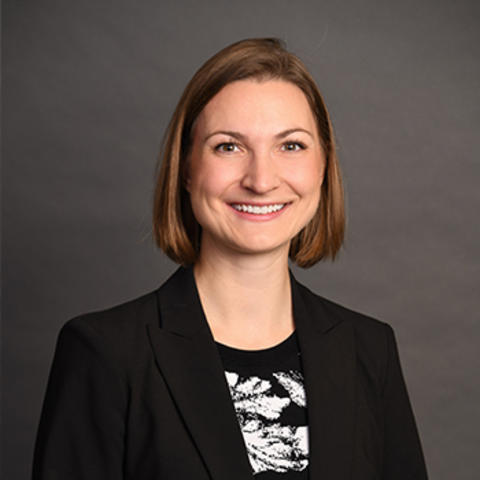
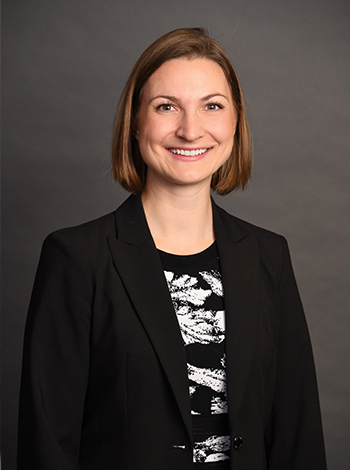
Bio
I am an Assistant Professor in the Department of Psychiatry & Behavioral Sciences and a licensed psychologist in the state of Minnesota. I completed my BA in psychology and sociology here at UMN and received my MA and PhD in Clinical Psychology from the University of Maryland. I completed internship training at the Massachusetts Mental Health Center within Harvard Medical School. Prior to joining the department, I was a postdoctoral associate in the Cognition and Brain in Psychopathology Lab led by Scott Sponheim and in the Translational Research in Cognitive and Affective Mechanisms Lab led by Angus MacDonald III in the Department of Psychology at UMN.
My research focuses on identifying risk factors and mechanisms underlying psychosis that can serve as novel, neuroplasticity-based intervention targets. My overarching research goal is to improve outcomes in psychotic disorders by enhancing early detection and improving treatments.
Administrative Assistant
(for academic support only)
Natasha Hampton-Anderson
nhampton@umn.edu
In the Media
- 2023: The focus of this article titled, “Investigating the causes of mental illness key focus for new faculty member.”
Education
Professional Memberships
Languages
Selected Publications
Selected Presentations
Contact
Address
Department of Psychiatry & Behavioral Sciences, F282/2A West Building, 2450 Riverside Avenue South, Minneapolis, MN 55454
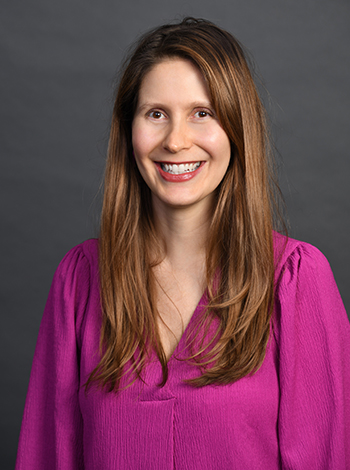
Bio
I am a clinical and developmental psychologist who specializes in the treatment of maternal and infant/early childhood mental health concerns. I am an Assistant Professor in the Department of Psychiatry and Behavioral Sciences and the Masonic Institute for the Developing Brain, where I supervise clinical psychology doctoral students. I serve as Co-Director of the Women’s Wellbeing Program at M Health Fairview. I am an instructor in the Infant & Early Childhood Education Mental Health Master’s Program at the Institute of Child Development at the University of Minnesota.
In my clinical work, I care for women, men, and infants, primarily in the context of reproductive health or fertility challenges, perinatal mood and anxiety disorders, and parent-infant relationship or parenting challenges. I have expertise supporting parent-infant dyads facing complex developmental and health concerns, including parents who have experienced a traumatic delivery, and infants receiving intensive care in the NICU. I also have specialized training and experience supporting parents in the context of pregnancy and infant loss.
I earned my PhD and MA in clinical and developmental psychology from the Institute of Child Development at the University of Minnesota. My doctoral training and research were funded by a competitive National Science Foundation fellowship. I completed a clinical psychology doctoral internship specializing in pediatric health psychology and consult/liaison service at Children’s Minnesota Hospital. I completed a post-doctoral fellowship in perinatal psychology at the University of Minnesota Medical Center. My educational experience also includes an MFA in Poetry from Boston University and a BA in English Literature from the University of Chicago. My favorite poet is Elizabeth Bishop.
My research focuses on maternal mental health and fetal and infant developmental outcomes.
I have co-authored 20 journal articles, including seven first-author articles. I have contributed to book chapters and encyclopedia articles, and presented at several medical conferences. My research has been recognized with an award given to the best paper published in Developmental Psychology by a first-author doctoral student.
Administrative Assistant
(for academic support only)
Natasha Hampton-Anderson
nhampton@umn.edu
Professional Memberships
- Development and Psychopathology- Ad Hoc Reviewer
- Society for Research in Child Development
- Society for Prevention Research
- Developmental Origins of Health and Disease (DOHaD) Society
- American Psychological Association
Education
Fellowships, Residencies, and Visiting Engagements
Honors and Recognition
Selected Publications
Selected Presentations
Contact
Address
Masonic Institute for the Developing Brain, 2025 E River Pkwy, Minneapolis, MN 55414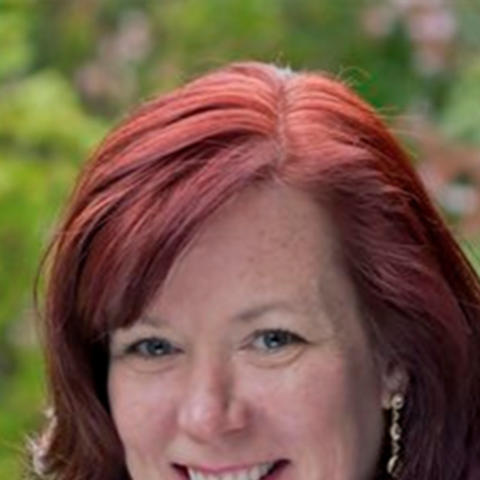
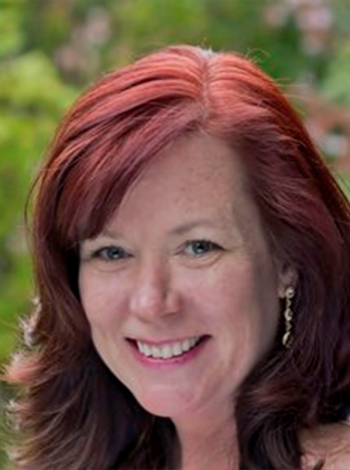
Bio
I received my BA in Psychology from the University of California, Los Angeles, an MA in Psychological Research from San Francisco State University, and a PhD in Clinical Psychology from the California School of Professional Psychology, San Francisco. I completed pre-doctoral training at the Defense and Veterans Head Injury Program, VA Palo Alto Health Care System, in Neuropsychology Services at the Northport VA Medical Center, and a postdoctoral fellowship in schizophrenia research at the San Francisco VA Medical Center.
I am an adult research psychologist whose primary research focus is on the evaluation of neurocognition, clinical symptoms, and functional outcomes of individuals with psychosis, and the effects of neuroscience-informed cognitive training exercises. Within the department, I am Director of Assessment for the Vinogradov Lab where I provide training and supervision of behavioral assessments for studies of cognitive training and measurement-based care.
Expertise
- Psychosis
Administrative Assistant
(for academic support only)
Teneshia Collins
coll1148@umn.edu
Research Summary
Dr. Fisher's main research area centers around assessing neurocognition, clinical manifestations, and the practical results observed in individuals with psychosis. Additionally, she explores the impacts of cognitive training exercises rooted in neuroscience. Within the department, Dr. Fisher holds the role of Director of Assessment for the Vinogradov Lab. In this capacity, she offers guidance and oversight for behavioral assessments linked to cognitive training studies and measurement-driven care.
Clinical Summary
Dr. Fisher's clinical interests include the effects of cognitive training and assessments delivered remotely; the implementation of measurement-based care and cognitive training in clinics that specialize in early intervention services for individuals with psychosis; clinics that provide specialized care for pregnant women and mothers with and without emotional distress; and the development of cognitive assessments that have relevance to the unique challenges and performance metrics of military populations.
Education
Fellowships, Residencies, and Visiting Engagements
Professional Memberships
Selected Publications
Contact
Address
Department of Psychiatry & Behavioral Sciences, F282/2A West Building, 2450 Riverside Avenue South, Minneapolis, MN 55454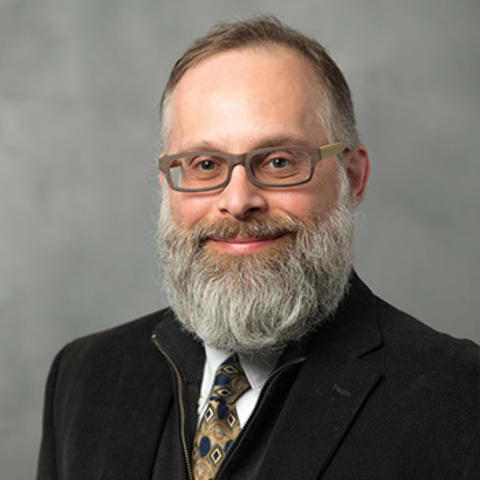
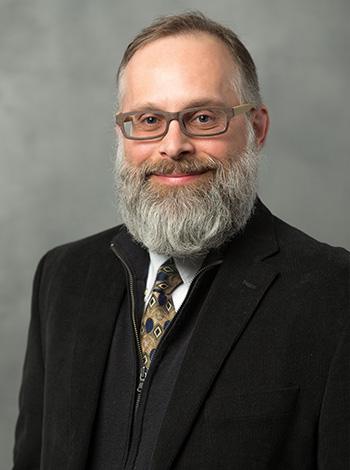
Bio
I received a BA in Biology from the University of St. Thomas in St. Paul, MN, graduating summa cum laude. I completed medical school at the University of Wisconsin. I completed my psychiatry residency at the University of Colorado in Denver, where I was also chief resident.
I am an adult psychiatrist and have devoted my career to treating folks with severe and persistent mental health disturbances, those with physical and mental health challenges, as well as those with new-onset mental health concerns.
I believe in the capacity of individuals to improve the quality of their lives via healthy lifestyles (e.g., social, vocational, nutritional, physical, creative, and spiritual endeavors). Additionally, I am consistently impressed with the success of my patients in managing their physical and mental health concerns in collaboration with their professional partners - with the shared goals of minimizing suffering, maximizing health, and each individual's purpose and meaning in existence.
Within my department, I serve on the Residency Training Committee and am the Leader of the Global Community Psychiatry Residency Track. In that role, I am now partnering with other faculty and residents to improve the psychiatric curriculum of the residency program in the areas of the history of psychiatry; ethics; spirituality; cultural and public psychiatry; and forensic psychiatry. I am also the Chief of Psychiatry at the University of Minnesota's Federally Qualified Health Center, called the Community-University Health Care Center. I have become board certified in Community and Public Psychiatry via the American Association of Community Psychiatrists in January 2023. I am proud of the honor of receiving NAMI's Exemplary Psychiatrist Award in 2023.
Expertise
- Medical impact of mental illness
- General
Administrative Assistant
(for academic support only)
Shelly Slominski
slomi001@umn.edu
In the Media
- 2022: Featured in this KARE 11 interview about an all-too-familiar scenario: "Suspect in Roseville police shooting had a history of threatening behavior".
- 2021: Featured in this piece titled, "Pandemic response has been a roller coaster ride for Department providers and learners".
- 2021: Featured in this WCCO interview titled, "9/11 20 Years Later: Our nation's mental health".
- 2020: Featured in this M Physicians article titled, "National Recovery Month Shines a Spotlight on the Importance of Mental Health". In it, he talks about how he works with patients who struggle with substance abuse
Teaching Summary
I am grateful for the opportunity to teach psychiatry resident physicians and medical students at the University of Minnesota Medical School. I instruct resident physicians on Spirituality and Psychiatry, Ethics in Psychiatry, therapeutic relationships, and psychiatric clinical care including the use of psychotherapy. I instruct medical students on the therapeutic relationship in psychiatric and other medical practices and have lectured on mood disorders. My aspirations include further exploration and scholarly contribution to the interdisciplinary field of Spirituality and Psychiatry; development of evidence-based psychotherapeutic treatment modalities for individuals with a variety of terminal illnesses and chronic ailments that impact one's life path, based on the therapeutic approach utilized for patients with cancer (i.e. Meaning Centered Psychotherapy, Logotherapy, and more broadly existential psychotherapy in general); and to contribute to the field of Psycho-Oncology.
Clinical Summary
I have a particular interest in existential psychotherapy and philosophy and have worked to increase the availability of Meaning-Centered Psychotherapy for patients with advanced cancer. I approach each patient interaction with the goal of understanding the unique individual that I am partnering with, and to render the most accurate and comprehensive diagnostic impression. In collaboration with my patient, a patient-centered treatment plan is crafted to reduce distress, optimize well-being, and enhance the unique significance and purpose of each person's existence.
Education
Fellowships, Residencies, and Visiting Engagements
Licensures and Certifications
Honors and Recognition
Professional Memberships
Selected Presentations
Contact
Address
Department of Psychiatry & Behavioral Sciences, F282/2A West Building, 2450 Riverside Avenue South, Minneapolis, MN 55454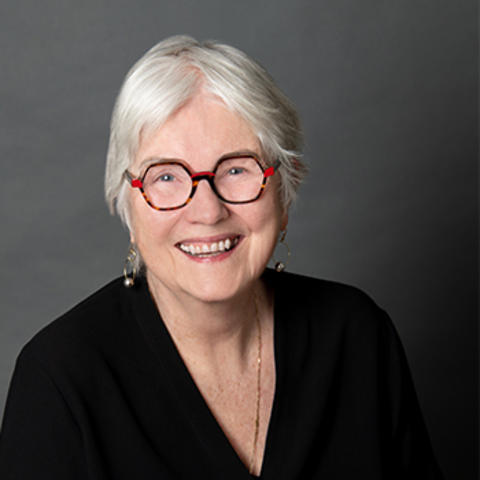
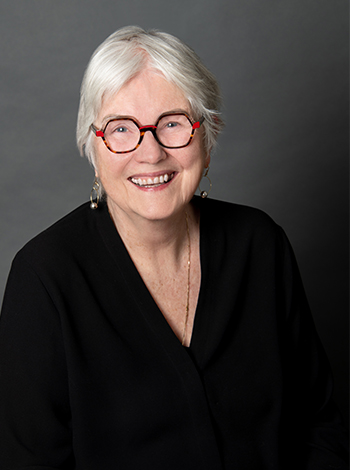
Bio
I earned my PhD in Clinical Social Work from the Institute for Clinical Social Work in Chicago, IL. Research from my dissertation was foundational for Developmental Repair, an intervention manual for behaviorally challenged and challenging children, written in collaboration with the Washburn Center for Children in Minneapolis. This manual is now used extensively throughout the state. I taught for 25 years in the U of MN School of Social Work and was faculty of the U’s Infant and Early Child Mental Health Certificate program in the Institute for Child Development. I completed a Master’s in Social Work from the Fordham University Graduate School of Social Work of New York, NY, and have had an independent mental health practice that serves children, adolescents, and adults since 1987.
My initial role in Psychiatry was teaching normal child development to child and adolescent psychiatry fellows. In 2017, I started the family consult clinic to help families navigate potentially confusing diagnoses, treatment plans, and related family needs, and provide fellowship with family engagement experiences.
I provide mental health therapy at MIDB, and in the community, as well as consulting with agencies and schools about the developmental needs of children and adolescents. My teaching and research expertise is in early development, attachment, and impact of trauma, especially trauma that occurred when children are preverbal, or when the impact of intergenerational traumas persists within family dynamics. In 2021 I was awarded the University of MN Medical Center (UMMC), Clinical Educator Award; this complimented Teacher of the Year awards from the psychiatry fellows. I am honored to be able to use my experiences to pass knowledge on.
Expertise
- Early development
- Attachment
- Impact of childhood trauma, specifically when children are preverbal
- Intergenerational trauma within family dynamics
Administrative Assistant
(for academic support only)
Natasha Hampton-Anderson
nhampton@umn.edu
In the Media
- 2022: Interviewed during this KARE 11 piece titled, “Strategies for coping with holiday blues”.
- 2022: Featured in this Minneapolis Star Tribune article titled, "Minnesota experts offer advice for parents to talk to children about tragedy".
- 2020: Interviewed recently by KARE11 about the negative impact of the pandemic on children and learning. She advocates helping teachers, students, and parents come together as a team and see the setbacks of COVID-19 as an opportunity to reinvent the educational system, replacing the 3 Rs with the three Es.
- 2022: Featured during a May 27 Minnesota Public Radio interview titled, "During the pandemic, don't forget about kids' mental health".
Research Summary
Dr. Gearity's research expertise is in early development; attachment; and the impact of trauma, especially trauma that occurred when children are preverbal or when the impact of intergenerational traumas persists within family dynamics.
Teaching Summary
Dr. Gearity taught at the U of MN School of Social Work for 27 years; she developed and taught in the Infant and Early Childhood program through the Institute for Child Development at the U of MN for 20 years; and consulted with schools and community agencies. Her initial role in the Psychiatry & Behavioral Sciences Department was teaching normal child development to child and adolescent psychiatry fellows. With over four decades of psychotherapy practice, she also provides case consultations and training.
Education
Fellowships, Residencies, and Visiting Engagements
Licensures and Certifications
Honors and Recognition
Selected Publications
Selected Presentations
Contact
Address
Masonic Institute for the Developing Brain, 2025 E River Pkwy, Minneapolis, MN 55414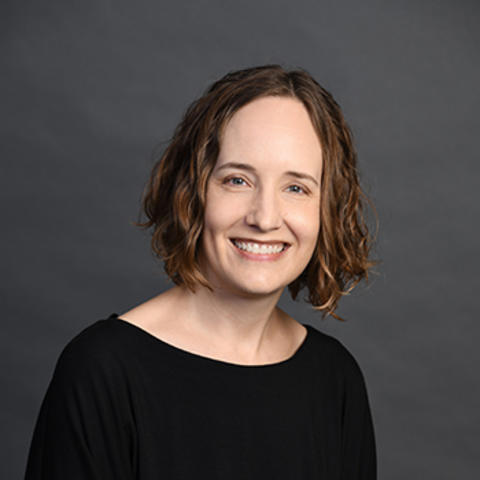
Bio
I am a tenured Associate Professor in the Department of Psychiatry & Behavioral Sciences. I conduct community-based intervention research focused on the development and implementation of more effective and accessible services to support youth mental health. My research also focuses on understanding how family relationships during adolescence can promote healthy emotion regulation and well-being or contribute to the development of psychopathology. I provide training and supervision in the delivery of evidence-based psychotherapy to student learners, as well as practicing providers in the community. I also provide psychotherapy in the Department’s Early Stage Mood Disorders Clinic.
Expertise
- Child and adolescent depression
- Attachment theory and interventions
- Community-based intervention research
Administrative Assistant
(for academic support only)
Molly Jokimaki
jokim004@umn.edu
In the Media
- 2022: Featured in this M Physicians article titled, “Coping with Grief During the Holiday Season.
- 2022: Coauthor of a study featured (although not named) in this MIDB article: "First Study to Evaluate Neurobiological Predictors of Interpersonal Psychotherapy for Depressed Adolescents".
Research Summary
Dr. Gunlicks-Stoessel’s currently funded research studies focus on addressing mental health disparities experienced by youth in rural communities, providing parents with guidance to support their adolescents’ mental health, and developing strategies for personalizing interventions for adolescents with depression.
Teaching Summary
Dr. Gunlicks-Stoessel provides training and supervision in the delivery of evidence-based psychotherapy to student learners, as well as practicing providers in the community. She also provides psychotherapy in the Department’s Early Stage Mood Disorders Clinic.
Clinical Summary
Dr. Gunlicks-Stoessel's clinical interests include Child & Adolescent Mood Disorders Clinic; and Grief/Bereavement.
Education
Fellowships, Residencies, and Visiting Engagements
Licensures and Certifications
Honors and Recognition
Selected Publications
Selected Presentations
Contact
Address
Masonic Institute for the Developing Brain, 2025 E River Pkwy, Minneapolis, MN 55414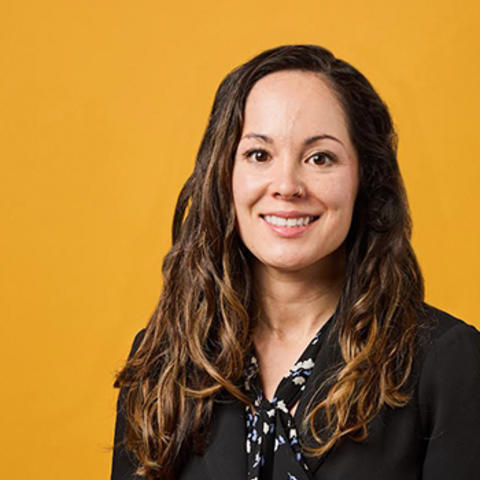
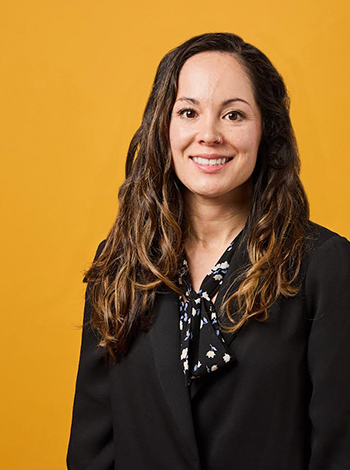
Bio
I received my BA from Vassar College in New York and received my medical degree here at the University of Minnesota, where I further completed my psychiatry residency in the neuroscience track.
I am an adult psychiatrist with a focus on psychosis. As the psychiatrist for the NAVIGATE program, I have the opportunity to work as part of a team providing therapeutic interventions above and beyond medication treatment for young people and their families experiencing their first episode of psychosis. The thing I find most rewarding is hearing from patients that they feel like themselves again, or from parents that they have their child back.
Expertise
- Psychosis
Administrative Assistant
(for academic support only)
Teneshia Collins
coll1148@umn.edu
In the Media
- 2023: Featured in this Medical School video for Mental Health Month about working with the NAVIGATE team.
- 2023: Featured in this M Physicians article titled, “How Loneliness Affects Your Health and Ways to Cope with It.”
Teaching Summary
Dr. Hansell is passionate about training the next generation of psychiatrists in evidence-based practice that meets the needs of our diverse patient population. As the associate program director for outpatient within the adult psychiatry residency, Dr. Hansell helps residents develop the critical thinking and skills necessary to become excellent and well-rounded clinicians ready to serve their community, in Minnesota and beyond.
Education
Fellowships, Residencies, and Visiting Engagements
Licensures and Certifications
Honors and Recognition
Professional Memberships
Selected Presentations
Contact
Address
Department of Psychiatry & Behavioral Sciences, F282/2A West Building, 2450 Riverside Avenue South, Minneapolis, MN 55454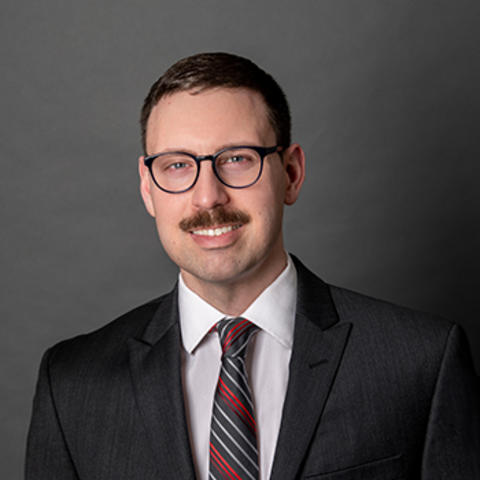
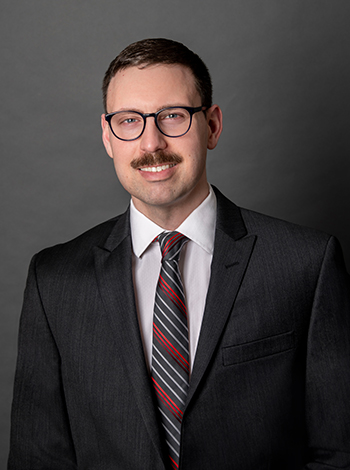
Bio
I am an Assistant Professor in the Department of Psychiatry & Behavioral Sciences and a licensed clinical psychologist. I earned my PhD in clinical psychology at Wayne State University in Detroit, MI, with a focus on community psychology. I trained in the VA Health Care System for an internship (Ann Arbor VAHCS) and postdoctoral residency (Minneapolis VAHCS) specializing in serious mental illness. Prior to joining the department I have worked in community mental health, state psychiatric hospital systems, and an urban safety net hospital. I provide psychological services (therapy and assessment) to patients with Treatment-Resistant Depression in the Interventional Psychiatry clinic at St Louis Park.
I am passionate about education and have trained psychology and psychiatry interns and residents in the foundations and advanced practice of Cognitive Behavioral Therapy. My research interests include healthcare and research exclusion for marginalized groups as well as delivering high-quality psychological interventions.
Administrative Assistant
(for academic support only)
Teneshia Collins
coll1148@umn.edu
In the Media
- 2023: featured in this article titled, “New faculty member to work with treatment-resistant depression patients”.
Research Summary
Dr. Hanson's research interests include healthcare and research exclusion for marginalized groups, as well as systems for delivering high-quality psychological interventions in communities.
Education
Fellowships, Residencies, and Visiting Engagements
Professional Memberships
Selected Publications
Selected Presentations
Contact
Address
Department of Psychiatry & Behavioral Sciences, F282/2A West Building, 2450 Riverside Avenue South, Minneapolis, MN 55454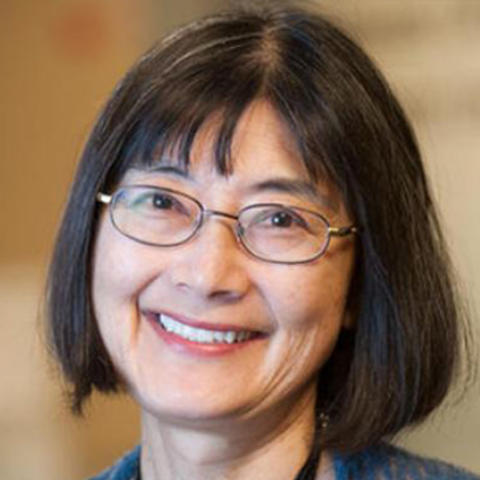
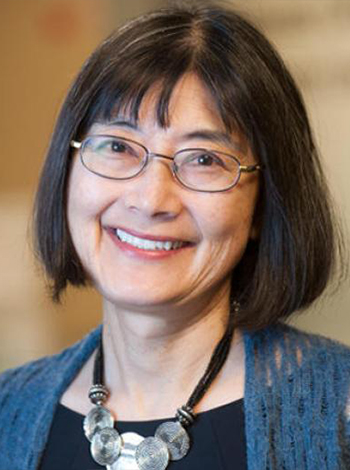
Bio
I am an adult psychologist and my areas of research expertise include nicotine addiction and its treatment, including testing medications such as a nicotine vaccine and combination medications, in smokers at the Department of Psychiatry & Behavioral Sciences. I received a BA in Psychology from the University of California, Berkeley. I received a PhD in Clinical Psychology at the University of Minnesota and completed my internship at the University of Washington .
I am the Forster Family Chair in Cancer Prevention at the Masonic Cancer Center of the University of Minnesota and Professor of Psychiatry and Behavioral Sciences. I am the Associate Director of Cancer Prevention and Control at the University of Minnesota Masonic Cancer Center, Director of the Tobacco Research Programs and Deputy Director of the Global Institute for Research on Cancer Prevention.
Currently, I am PI/Co-PI of a large NIH-funded cooperative agreement and a program project grant that involves assessing the toxicity, appeal and addictiveness of various tobacco products, with the goal of reducing tobacco-caused harm and addiction. I have served on numerous scientific advisory boards for the U.S. government including the 1) Food and Drug Administration, Tobacco Product Scientific Advisory Committee, 2) National Advisory Council on Drug Abuse, 3) Interagency Committee on Smoking and Health, 4) Substance Abuse and Mental Health Services Administration, 5) Scientific Board of Counselors for the National Institutes on Drug Abuse, and 6) the Drug Control Research, Data and Evaluation Committee of the Office on National Drug Control Policy. I am currently a member of the World Health Organization Study Group on Tobacco Product Regulation and the National Cancer Institute, Board of Scientific Advisors.
Expertise
- Tobacco Addiction
- Tobacco Regulatory Science
- Cancer Prevention
Administrative Assistant
(for academic support only)
Tracy Brown
coll1148@umn.edu
In the Media
- 2023: Featured in this U of M news story titled, "University of Minnesota Research Influences FDA Decision on Lower Nicotine Levels in Cigarettes", which was picked up by numerous news outlets.
Research Summary
Dr. Hatsukami's areas of research expertise are nicotine addiction and its treatment in smokers, including testing medications such as a nicotine vaccine and combination medications.
Clinical Summary
Dr. Hatsukami's clinical interests involve tobacco cessation.
Education
Fellowships, Residencies, and Visiting Engagements
Honors and Recognition
Professional Memberships
Selected Publications
Contact
Address
Department of Psychiatry & Behavioral Sciences, F282/2A West Building, 2450 Riverside Avenue South, Minneapolis, MN 55454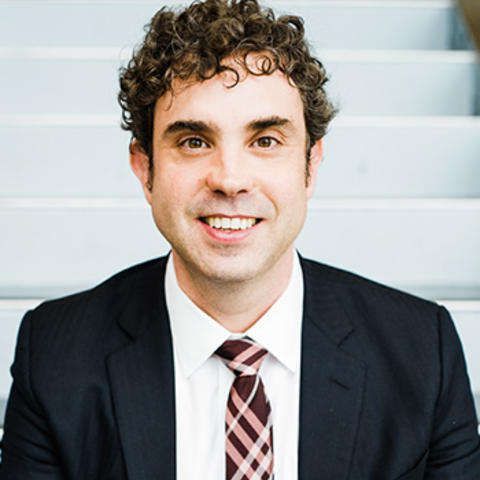
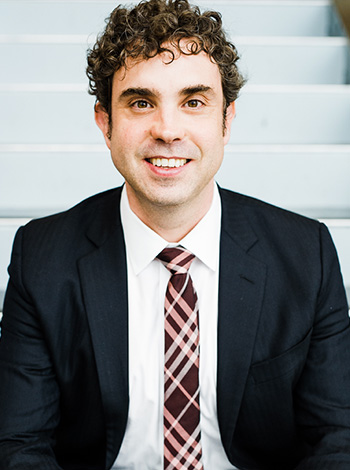
Bio
I obtained my M.D. and Ph.D. in Bioengineering from the University of California, San Francisco as part of the prestigious NIH Medical Scientist Training Program. Prior to that, I studied complex systems at the Santa Fe Institute. I obtained my B.A. in Physics with High Honors from Wesleyan University. I am an Assistant Professor of Psychiatry at the University of Minnesota Medical School and a member of the Medical Discovery Team on Addiction. My human neuroscience lab studies neural mechanisms of decision-making that are impaired in addiction and amenable to treatment with neuromodulation. My lab combines invasive and non-invasive methods including intracranial electrophysiology, direct brain stimulation, magnetoencephalography, and transcranial magnetic stimulation. Clinically, I am developing a specialty practice in refractory mood and anxiety co-morbid with addiction and chronic pain disorders.
Expertise
- Transcranial magnetic stimulation (TMS
- Electrocorticography (ECoG)
- Treatment-resistant depression (TRD)
Administrative Assistant
(for academic support only)
Teneshia Collins
coll1148@umn.edu
In the Media
- 2023: Featured in this article titled, “Applying noninvasive stimulation to help TBI patients overcome mental fatigue.”
- 2022: Featured in a video titled "Tackling Psychiatric Illness Using Translational Models and Computations", shot as part of the American Psychiatric Association's Conference TV with funding from NeuroPRSMH (NeuroPlasticity Research in Support of Mental Health), the U’s multidisciplinary neuroscience research group.
- 2022: Featured in this article titled, "Department researcher using K23 grant to take a unique approach to learning more about cognitive effort".
- 2022: Featured in this Medical School story about work he is doing to shine some light on the impact of the COVID-19 pandemic on front-line healthcare workers. He is also getting a lot of attention for sleep research he did in collaboration with a couple of other institutions: "If you do not snooze you lose: sleep seen as essential for the brain", UCLA-led team of scientists discovers why we need sleep.
Education
Fellowships, Residencies, and Visiting Engagements
Honors and Recognition
Selected Publications
Selected Presentations
Contact
Address
Department of Psychiatry & Behavioral Sciences, F282/2A West Building, 2450 Riverside Avenue South, Minneapolis, MN 55454
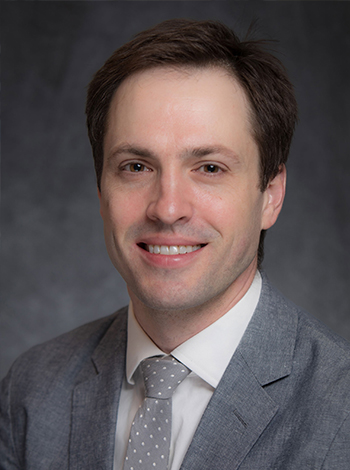
Bio
I received my BA in Biology from Grinnell College, Iowa. I received my medical degree, a residency in Adult Psychiatry, and a fellowship in Child and Adolescent Psychiatry, where I was Chief Fellow, here at the University of Minnesota. My role includes two days a week practicing at the Community University Health Care Center. I was also the Program Director of the Child and Adolescent Psychiatry Fellowship. Additional teaching roles include precepting the child and adolescent consult clinic at the U of M Masonic Children's Hospital and providing clinical supervision of fellows in the M Health Fairview Psychiatry Clinic. I have also presented nationally at over 30 conferences, including 9 grand rounds lectures.
Expertise
- Child and adolescent suicide
- Child and adolescent depression
Administrative Assistant
(for academic support only)
Molly Jokimaki
jokim004@umn.edu
In the Media
- 2021: One of the members of the department’s PERLab was featured in this Medical School article titled, "New Framework Teaches Better Doctor-Patient Conversations During a Personal Crisis".
